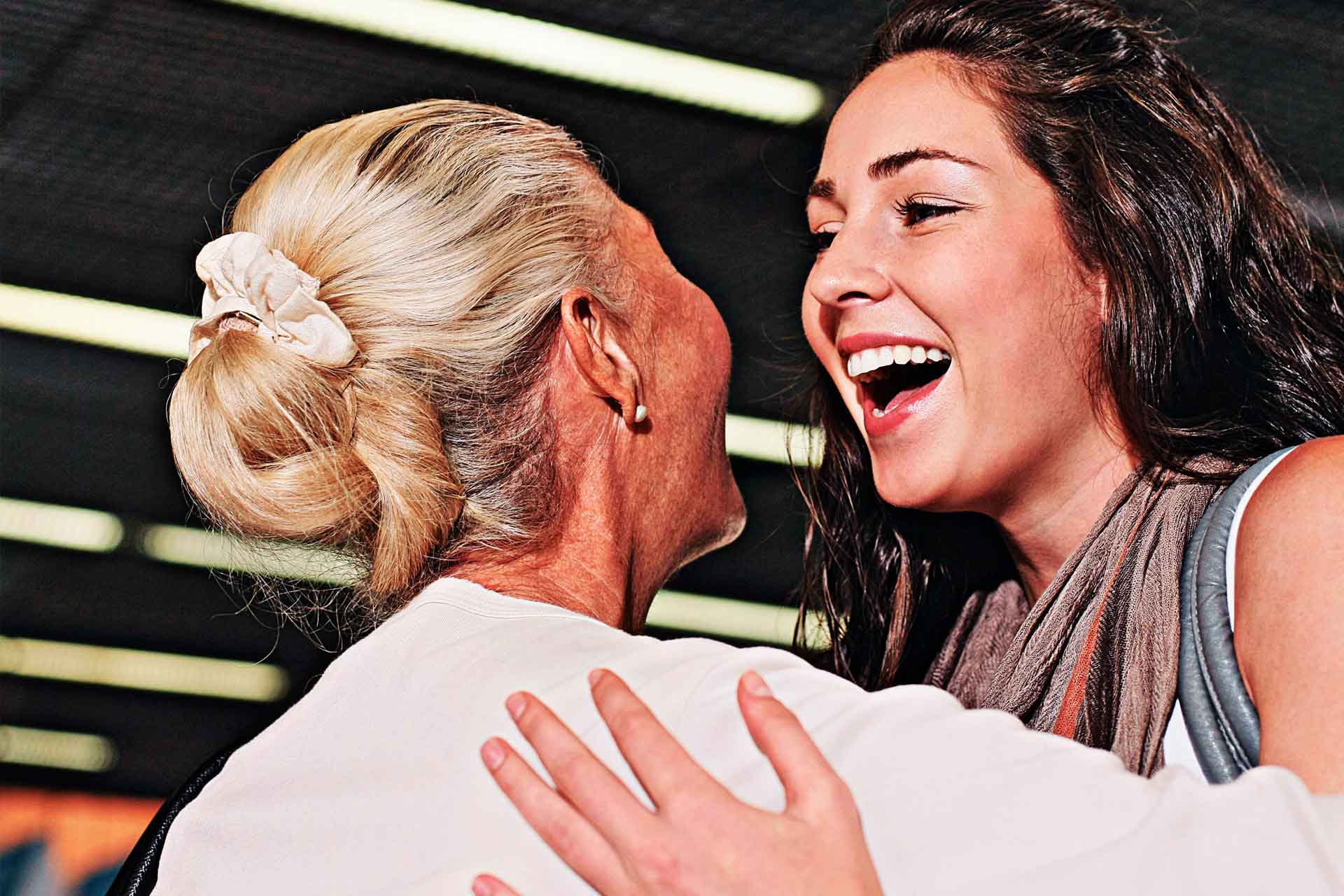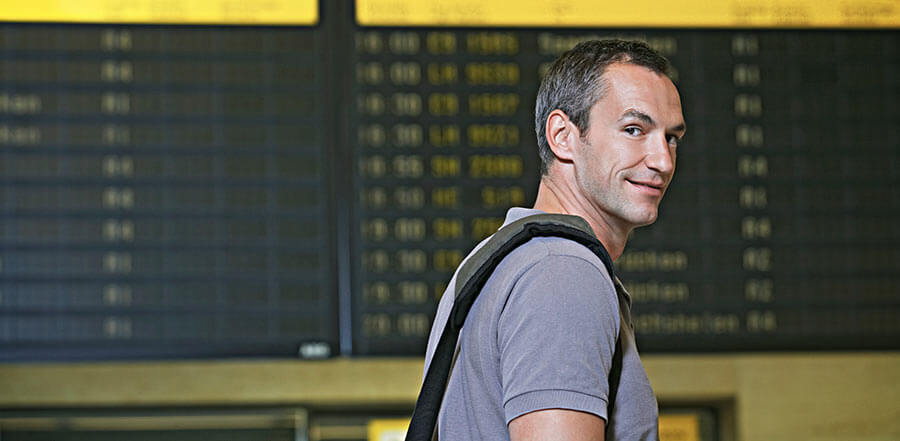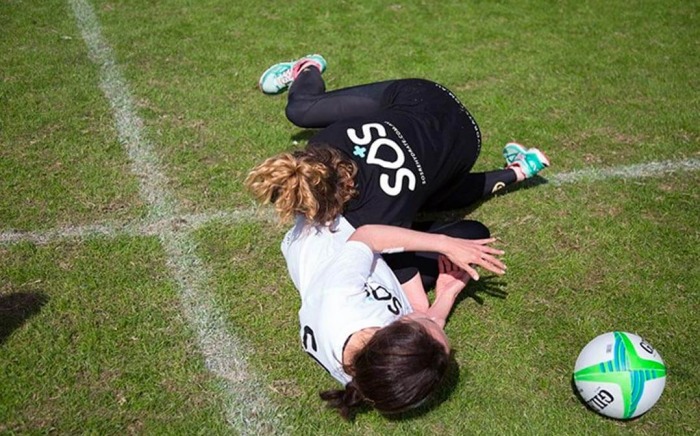Important Factors You Might Not Know about Air Travel and Dehydration
 Planning that exciting long awaited holiday or need to travel for business frequently via air? There are various reasons that make you feel so sluggish and under the weather during and after air travel. It is no mystery. You will be amazed to find out that something this simple can affect your body in such a significant way.
Planning that exciting long awaited holiday or need to travel for business frequently via air? There are various reasons that make you feel so sluggish and under the weather during and after air travel. It is no mystery. You will be amazed to find out that something this simple can affect your body in such a significant way.
So, you want to make the best of that long awaited holiday or want to be at your best during that important business meeting half way around the world? Take a look at how proper hydration or the lack thereof will influence your air travel trip.
Why is dehydration while travelling by air a problem in the first place?
Do you remember the last flight you took that lasted for two to three hours? You ended up feeling hungry all the time, drinks were not tasting that good, your eyes felt like sand paper and your throat was feeling like ancient parchment. What is the cause then? Dehydration.
It is not that uncommon and best part is that the majority of people that fly experience it in some form or the other.
Why is dehydration a bigger risk during air travel and why does it happen?
The short answer is air circulation and how oxygen is supplied on airplanes.
With air travel, the air in the cabin is pressurized and oxygen is supplied. However, when passengers inhale oxygen and exhale carbon dioxide, all the oxygen is used up at some stage. Therefore it is needed to supply breathable air. This is done by circulating air from outside the airplane and letting air from inside the airplane to be extracted.
It is no news that the higher the altitude, the “thinner” air becomes and the lower the humidity becomes. This means the air is much dryer the higher we move up. Air at 35 000 feet has a humidity of only 10 to 20% in comparison to the 40 to 70% we are accustomed with in normal conditions. Therefore by just breathing we already get less moisture than we normally would for the duration of the flight. Adding stress to the mixture, it causes us to sweat more and increase our risk for dehydration even further.
In dry air conditions or low humidity such as on an airplane, the moisture molecules in your throat, nose, and eyes are attracted to the dry air surrounding you what causes you to lose moisture regardless if it is a two or 12 hour flight.
In addition, the hair like structures in your throat and nose needs to be moist to filter the air you breathe from irritants and pathogens. When your throat and nose is not properly hydrated, the risk of catching a cold is more likely.
What can be done to prevent dehydration while travelling by air in spite of the low humidity?
The easiest and most effective way is to ensure that you are in a top hydrated state before you board the plane and to maintain that hydration state while you already know you are entering an environment that will have an effect on your hydration state. Here is what you can do to prevent dehydration in spite of the low humidity while travelling by air.
- Drink water
Drink at least 250 ml water every hour you are in flight. The secret is to drink small amounts frequently. It is a good idea to have your own refillable bottle of water with you or request some water from the flight attendants. Do not wait until you feel thirsty before you start to drink water. - Use a hydration supplement like SOS Hydration
When you need to be fresh and energized after a long flight, a hydration supplement is a great idea. Water is sufficient to keep you hydrated, but it will not be able to provide you with all the electrolytes and energy to ensure the low humidity on the plane does not get to you. While in flight you can use a hydration supplement that is supplied in sachets or tablet form and just add it to water you get on the plane. The majority of these hydration supplement drinks have an appealing taste and will not cost you anything extra while flying. - Stay away from diuretic drinks and food
The largest culprit on flights is alcoholic beverages and salty snacks. Alcohol is a typical diuretic drink and salty foods and snacks will make you thirstier. The best is to consume some water rich foods such as fruits and soups and drink water. If you want to drink anything other than water, fruit juices and soft drinks are better alternatives than alcohol. There are many conflicting arguments about coffee and tea being diuretic. The golden rule would be to drink it in moderation. There is no problem in drinking coffee and tea before you board for a flight. It is however advisable to drink it in moderation during a flight. - Use eye drops
When your eyes start to feel dry during a flight you should not rub them at all. It will only make dry irritated eyes feel even worse and make the problem more complex. Best is to use some eye drops as needed. People who wear contact lenses should make sure that the eye drops are suitable for them. If it is not possible to use eye drops while wearing contact lenses you should seriously consider using your spectacles instead for the duration of the flight. - Utilise nasal spray
The dry air that dries out your nose during a flight is not the only problem concerning your nasal section. It is not uncommon for some people who suffer from nose bleeds when they fly. Few people realize that nose bleeding is one of the common reasons of dehydration when they fly. A simple thing such as utilizing a nasal spray is the solution in most cases. It keeps the nasal section hydrated and prevents the delicate area from chapping and bleeding. Before you board the plane and once you realize your nose starts to feel itchy and dry, use some nasal spray again. - Apply skin moisturiser
The value of applying skin moisturiser during a flight is immeasurable. It is obvious by now that you will understand why your skin will feel dry and wrinkly during a long flight. It is also no secret that it can be very uncomfortable. Therefore, keep some close by in your hand luggage to relieve the dehydration of your skin and help to rehydrate your skin. - Washing your hands and face
Should you forgot the skin moisturiser or do not like to use it at all, washing your hands and face will do the trick close to what a moisturiser would. However this will require you to go to the washing cabin often to prevent your skin dehydrating. - Breath more moisture
Use a wet handkerchief over your mouth and nose to moisturise the air that you breathe. - Mist your face
Using a fine spray bottle similar to a perfume bottle filled with water can help to moisturise our skin without the need to get up frequently to go to the washing cabin. Just make sure you do not disturb other people sitting next to you. - Are you asthmatic?
Although the air conditioning on a plane is good because it contains less moisture and is clean, the problem is with the low pressure you need to deal with. Make sure you have sufficient supply of inhalers with you. In addition, it is even more important to ensure that you remain properly hydrated to prevent breathing problems. - Curb jetlag
As fascinating it may sound, it is true if you remain well hydrated during a long flight. It is true that it will certainly not help you with the time difference, but it will definitely help you to prevent or lessen the nausea, headaches, lethargy, and the overall feeling of fogginess after a long flight.
Visit info.soshydration.com.au








